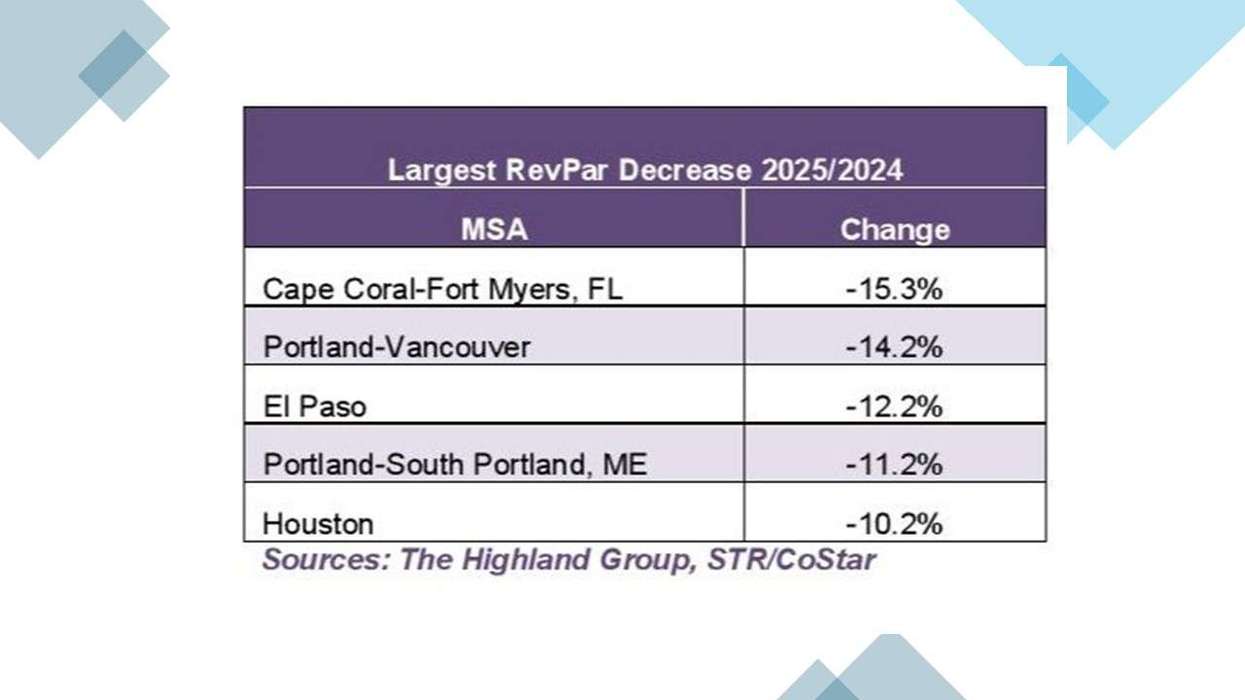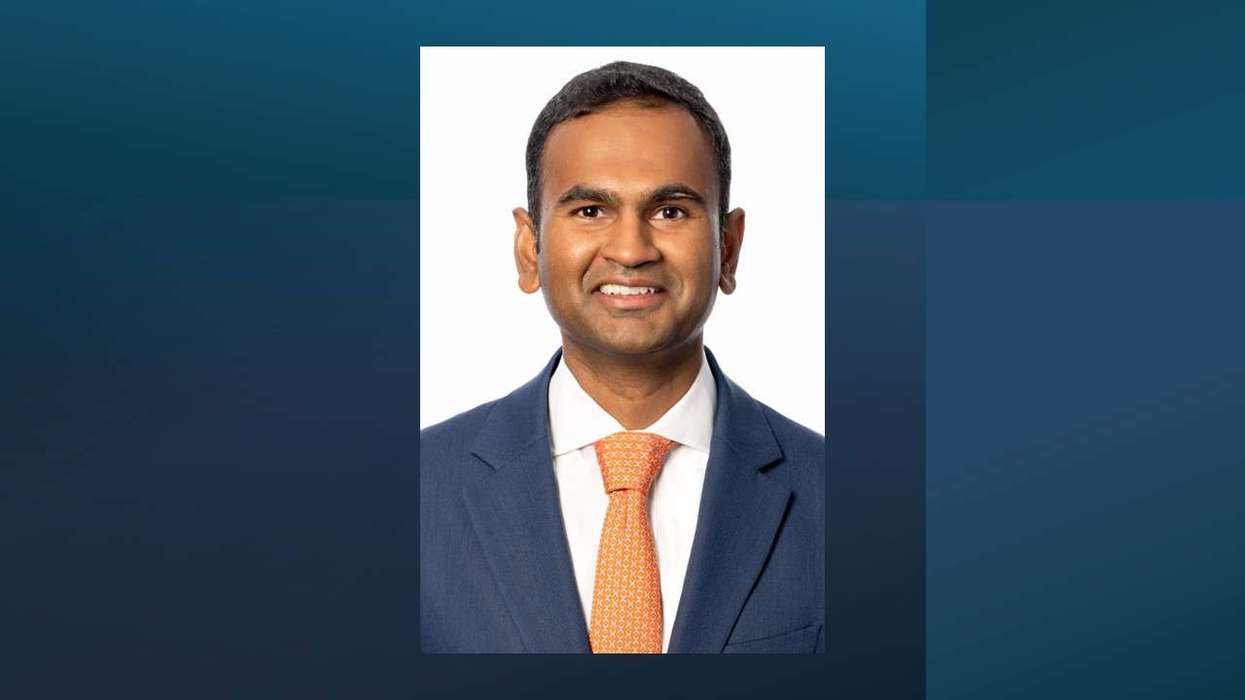What Is Apaleo Agent Hub?
APALEO, A PROPERTY management platform, recently launched Agent Hub, which it calls “the first-ever AI agent marketplace for hospitality.” The platform enables industry collaboration by connecting property managers, hoteliers, developers and service providers to accelerate AI adoption.
Agent Hub lets hospitality players select AI solutions suited to their needs and integrate them without costly system overhauls, Apaleo said in a statement.
“Agent Hub is the next step in Apaleo’s evolution—an open, collaborative space where hoteliers can create AI solutions as easily as tech-savvy developers,” said Ulrich Pilau, Apaleo’s CEO. “By helping accommodation providers integrate and scale AI effortlessly, Apaleo makes this technology more practical and accessible for hospitality businesses everywhere.”
Businesses can customize and deploy agents without vendor lock-in, with agents functioning as on-demand staff handling tasks, the statement said. Unlike traditional software that takes months to implement, Agent Hub’s AI agents can be deployed in hours, speeding up AI adoption across the industry.
For AI developers, Agent Hub provides a direct path to market, connecting them with hospitality businesses adopting AI solutions, Apaleo said. The model offers various monetization options, allowing developers to scale and refine their solutions based on real-world use.
Agent Hub launches with a selection of agents developed with technology partners:
- Email booking agent – processes emails while creating and editing reservations.
- Corporate sales agent – analyzes business data and recommends corporate sales strategies.
- Digital twin – migrates property data into Apaleo for seamless setup.
- CRM and guest experience agent – identifies VIP guests, birthdays and special requests while answering data-related queries. It replaces traditional CRM solutions.
Early adopters are seeing results from agents on the new marketplace, the statement said. One example is a guest experience agent by TheNew Group, built on Apaleo. It delivers guest insights, enabling property managers and hoteliers to generate briefings, track repeat OTA bookers and export data instantly.
Florian Montag, Apaleo’s vice president of business development, said hospitality professionals face growing pressure to keep up with AI innovation.
“This technology is being deployed at scale across all other industries, so it is important that hospitality also explores how to unlock AI’s full potential,” he said. “The truth is, no one knows what AI will be capable of a few years from now. That’s why it’s so important for businesses to stay adaptable, equipping themselves with open solutions that evolve and flex with their needs. Agent Hub gives hoteliers and developers the freedom the industry needs to experiment, refine, and scale, ensuring businesses can harness the full potential of AI on their own terms.”
In November, Apaleo raised €20 million in Series B funding to accelerate expansion and strengthen its presence in Europe and beyond. The news follows OpenAI’s recent launch of Operator, an AI agent that books travel, fills forms, orders groceries, and creates memes using its own browser.
AHLA's 2025 State of the Industry report found that technology and AI are improving personalized travel experiences in trip planning and bookings.






